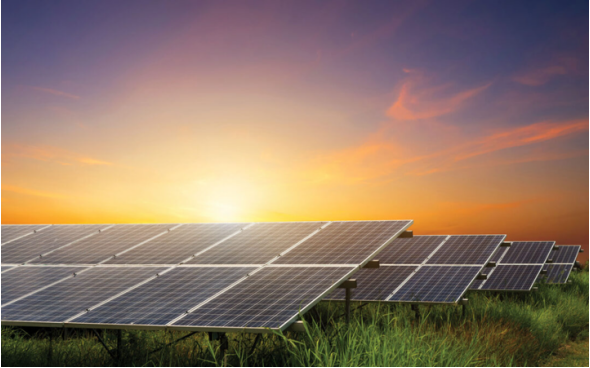In recent years there has been a surge in the installation of solar panels as people increasingly recognize their environmental and economic benefits. Solar energy is considered to be one of the cleanest and most sustainable sources of energy, but one concern remains – do solar panels emit radiation?
To address this concern, it is important to understand the different types of radiation. Solar panels primarily convert sunlight into electricity through the photovoltaic effect, which involves the use of photons. These photons carry energy in the form of electromagnetic radiation, including visible light and infrared radiation. Solar panels use this energy to generate electricity, but they do not emit any of the traditional ionizing radiation such as X-rays or gamma rays.
Although solar panels do emit a small amount of electromagnetic radiation, this falls into the category of non-ionizing radiation. Non-ionizing radiation has lower energy levels and lacks the ability to change the structure of atoms or ionize them. The radiation emitted by solar panels generally consists of extremely low-frequency electromagnetic fields, also known as ELF-EMF. This type of radiation is common in our daily lives from various sources, such as power lines and household appliances.

Numerous studies have been conducted to assess the potential health effects of exposure to non-ionizing radiation from solar panels. Overall, the scientific consensus is that exposure levels are minimal and do not pose a significant risk to human health. The World Health Organization (WHO) has stated that there is no concrete evidence linking non-ionizing radiation from solar panels to adverse health effects.
It is worth noting that solar panels undergo rigorous safety testing and must meet specific technical specifications to ensure they meet international standards. These standards include limits on electromagnetic radiation emissions to protect people from any potential risks. Governments and regulatory bodies also enforce strict guidelines to ensure that solar panel installations comply with safety regulations and minimize any potential impact.
However, it is important to consider certain factors when installing solar panels. Although the radiation emitted by solar panels is considered safe, people who work in close proximity to solar panels may experience slightly higher levels of exposure. This is particularly true for maintenance personnel or those involved in the installation process. However, the radiation levels in such scenarios remain well below the recommended exposure limits set by health authorities.
In conclusion, although solar panels emit radiation, it falls into the category of non-ionizing radiation, which poses negligible health risks. With proper adherence to safety regulations and international standards, solar panel installations remain a safe and environmentally friendly option for harnessing renewable energy. It is vital to rely on reputable manufacturers and professionals who follow strict guidelines to ensure the highest levels of safety and efficiency. As renewable energy continues to grow, it is important to focus on accurate information and scientific consensus to allay any concerns and encourage the adoption of sustainable solutions.
Post time: Aug-21-2023